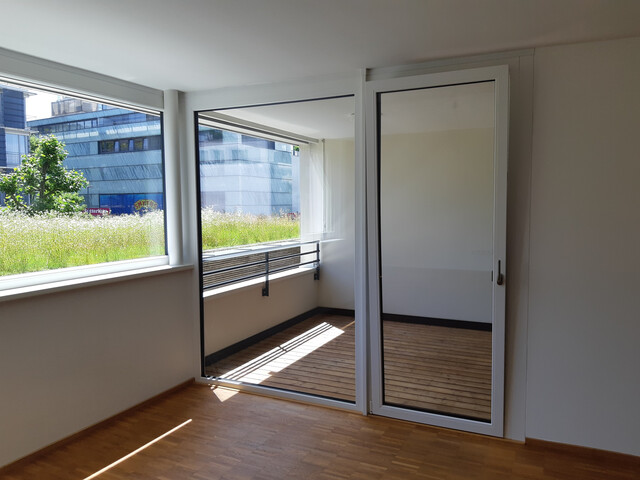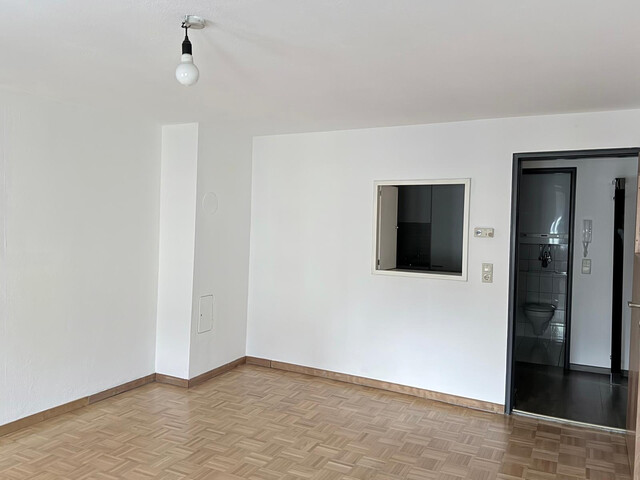Economist Comments on EU Deficit Procedure
The government's plan to reduce the deficit to below three percent of GDP by 2029 "is becoming less likely," according to the expert. However, Heimberger does not believe that the EU Commission will impose sanctions, "there is still a long way to go until then."
What is the Commission doing?
The reaction of the European Commission will depend on where the reported additional deficit of the federal states comes from, explains Heimberger to the APA. This is because the decisive factor for the assessment in the procedure for an excessive deficit (EDP) is the net expenditure growth according to the new fiscal rules. Interest payments, one-off effects, temporary measures, and cyclical elements in unemployment benefits are excluded from the state expenditures in the net expenditures.
Specifically, according to the budget plan approved by Brussels, the net expenditures are allowed to grow by 2.6 percent this year, by 2.2 percent in each of the next two years, and by 2 percent in 2028. The allowed net expenditure growth is set so that the structurally adjusted budget balance - without cyclical and one-off effects - improves by at least 0.5 percent of economic output annually.
If the net expenditure growth for this year actually increases, there would likely first be critical inquiries from the EU Commission, says Heimberger. Subsequently, Brussels could demand further measures from the government. However, the economist does not expect a quick move with sanctions, which can be imposed in the deficit procedure against deficit offenders. The EU Commission has a certain degree of discretion here, and so far there is a good understanding with the government.
Budget Deficit: Government's Goal
The Ministry of Finance only reported new budget figures to Brussels in mid-October as part of the deficit procedure, which is required twice a year. The government's goal is to reduce the budget deficit to 3 percent of GDP by 2028 in order to exit the EDP initiated this year as soon as possible. If the deficit planned for 2025 of 4.5 percent is revised upwards, this path is hardly sustainable according to Heimberger. However, a longer deficit procedure would be "not a big deal" for the government, he emphasizes. An end is unlikely to be achieved in the current legislative period.
(APA/Red)
This article has been automatically translated, read the original article here.
Du hast einen Hinweis für uns? Oder einen Insider-Tipp, was bei dir in der Gegend gerade passiert? Dann melde dich bei uns, damit wir darüber berichten können.
Wir gehen allen Hinweisen nach, die wir erhalten. Und damit wir schon einen Vorgeschmack und einen guten Überblick bekommen, freuen wir uns über Fotos, Videos oder Texte. Einfach das Formular unten ausfüllen und schon landet dein Tipp bei uns in der Redaktion.
Alternativ kannst du uns direkt über WhatsApp kontaktieren: Zum WhatsApp Chat
Herzlichen Dank für deine Zusendung.








